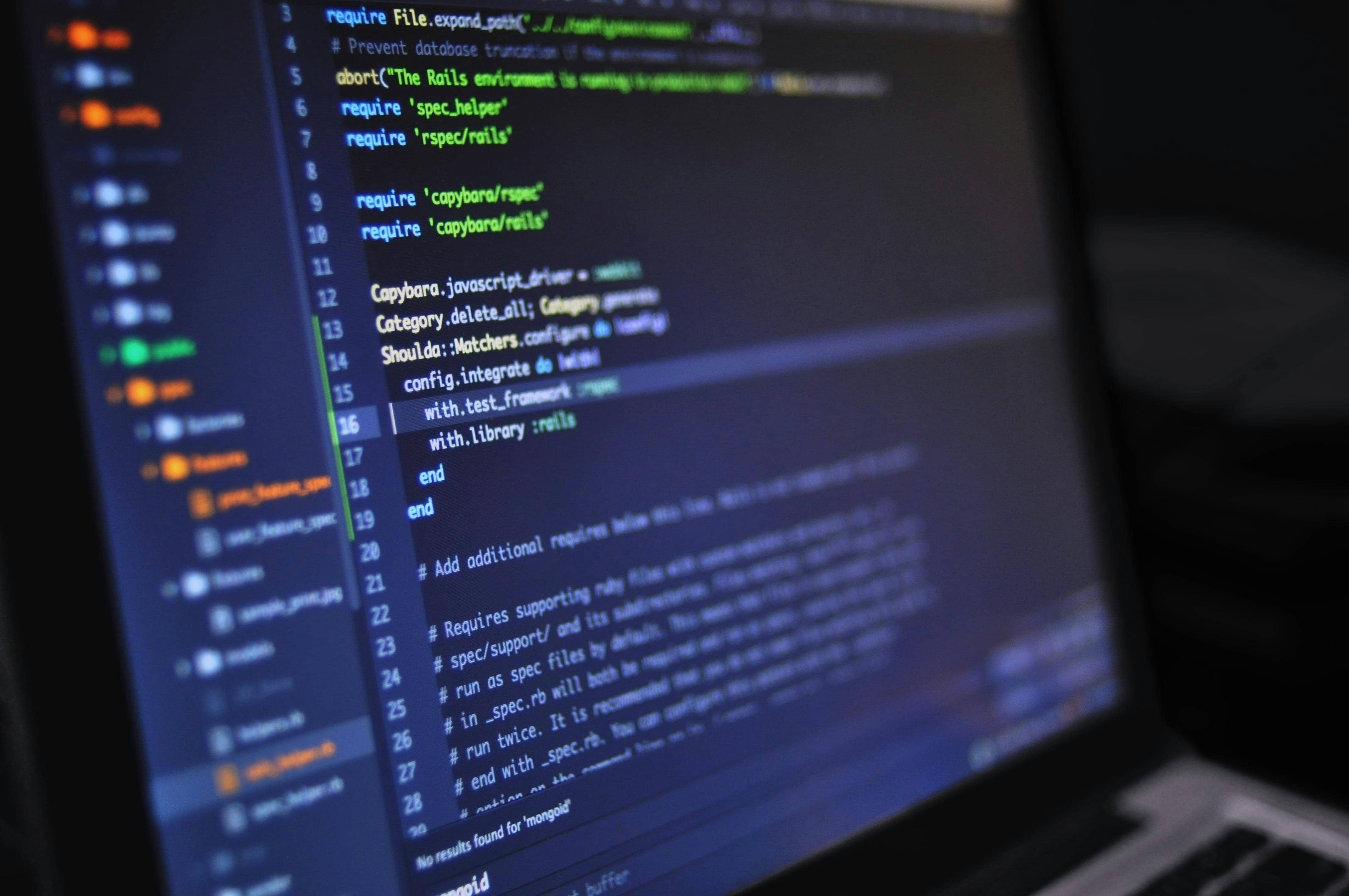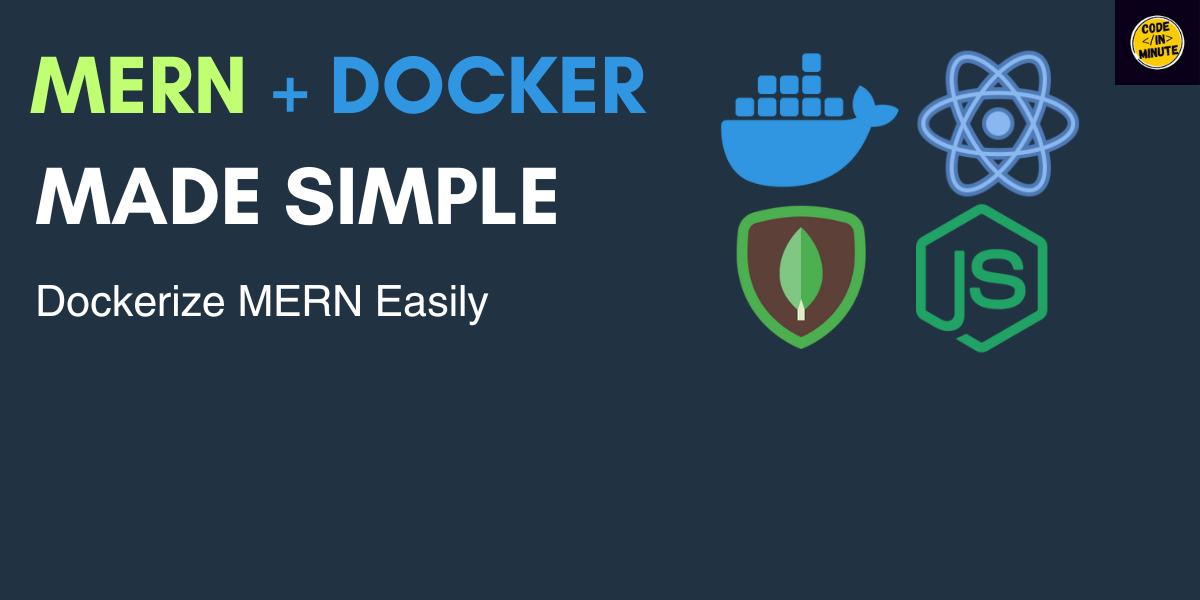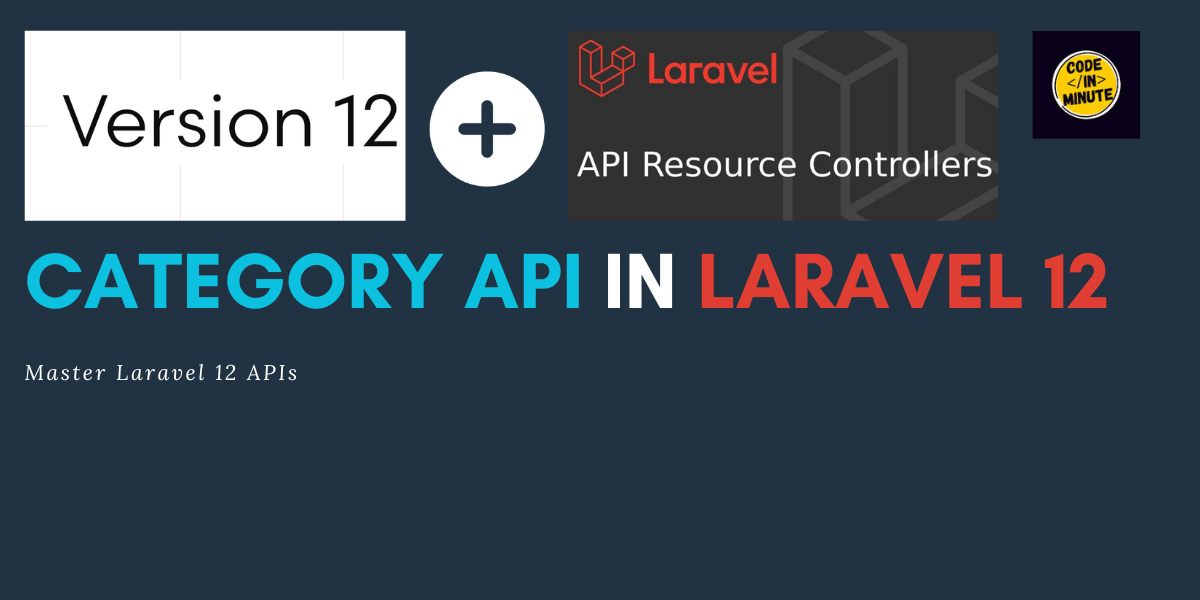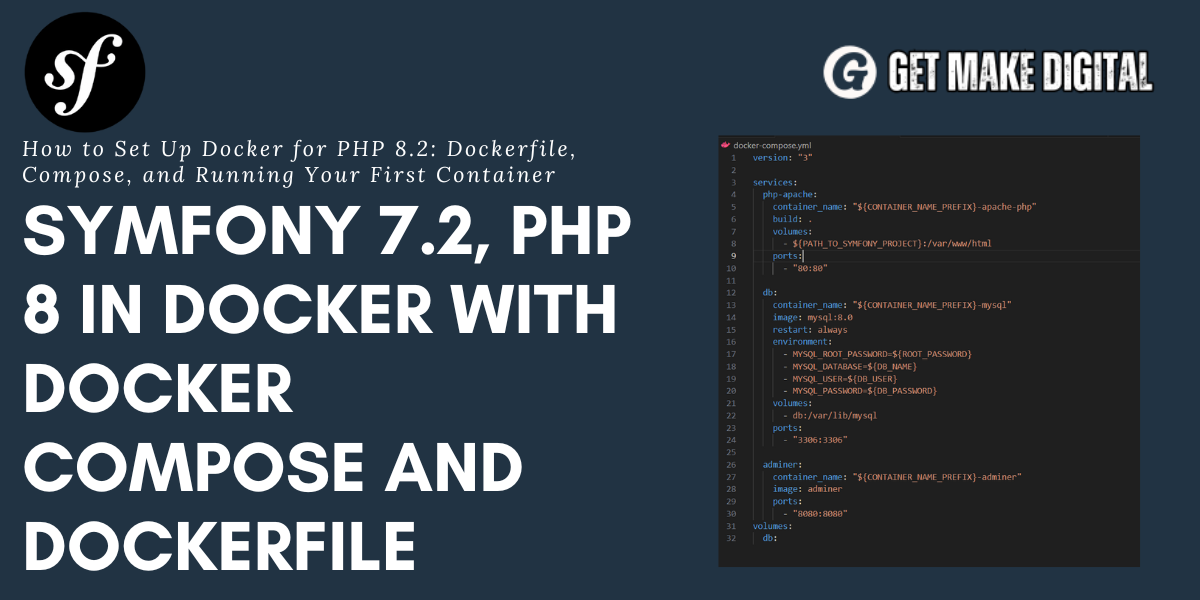
Preparing for a technical interview as a Full Stack Developer can feel overwhelming, especially when the interview runs for a couple of hours. These interviews are designed to test not just your technical knowledge, but also your ability to present your experience, handle challenges, and think critically under pressure. To succeed, you need to prepare on two fronts: the behavioral part of the interview, and the technical deep dive that follows.
Introducing Yourself
Most interviews begin with a simple but crucial question: “Tell me about yourself.” This is your opportunity to make a strong impression. The best way to answer is to follow a structured flow. Start with your studies, then move into your professional experiences. For each company you have worked at, explain your role, your responsibilities, and whether you worked independently or in a team. Highlight the applications you were involved in, the contributions you made, and the exposure you gained.
It is equally important to talk about the challenges you faced and how you overcame them. For example, you might share how you managed to optimize a slow website to improve overall performance, or how you developed a payment plugin for WooCommerce or PrestaShop. These details show that you are not only capable of doing the job but that you have grown and learned from your experiences.
Behavioral Questions
Interviewers often want to understand how you operate in real world situations, so you should expect a set of behavioral questions. These might include challenges you faced, achievements you are proud of, how you work under pressure, or how you handle unclear requirements. If you have ever managed other developers, they may ask how you guided or supported your team.
When discussing your strengths, focus on qualities that match the role, such as the ability to manage an entire project from development to deployment or your adaptability in a startup environment. When it comes to weaknesses, reframe them as potential positives. For example, you might say that you can spend long hours coding because you are passionate about learning and building new things, but you also recognize the importance of maintaining balance.
To stand out, always support your answers with concrete examples from your daily work. Explaining your strengths, challenges, and achievements through real-life scenarios helps the interviewer see how you think and approach problems.
Technical Knowledge
After covering your background and behavioral questions, the interviewer will usually move into technical topics. These will often be tied to the requirements listed in the job description, so review those carefully before your interview.
A common area is design patterns. Be prepared to explain patterns like the singleton, structural, and behavioral patterns, and when you have applied them in your work. Another core topic is object oriented programming (OOP). Interviewers frequently ask about concepts such as encapsulation, inheritance, abstract classes and methods, access modifiers, and interfaces. You may also be asked to compare abstract classes with interfaces or explain the purpose of namespaces.
If the role involves frontend development, you should be ready to explain MVC architecture and how each component of the Model-View-Controller pattern communicates with the others. For modern frameworks, such as Angular, you can also describe how component-based structures follow a similar principle.
Databases and Query Optimization
Another area to prepare for is databases, particularly SQL and NoSQL systems such as MongoDB. Interviewers may test your ability to prevent SQL injection and optimize queries through techniques like indexing or batching. They could also ask about joins, limits, pagination, or functions such as group by and order by. It is equally important to explain the tradeoffs between SQL and NoSQL databases. For example, you might mention that MongoDB is useful when working with documents where the fields are flexible and can change frequently.
Application Security and Performance
Security and optimization are fundamental to full stack development, so expect questions on these topics. You may be asked how you secure an application, and here you should discuss measures such as rate limiting, throttling, CSRF tokens, password hashing, and encryption. When it comes to optimization, be ready to talk about strategies for improving application performance, such as caching or code refactoring.
Coding Standards and Best Practices
A topic that frequently comes up in technical interviews is coding standards. Interviewers want to know whether you can write clean, readable, and maintainable code that can be understood by other developers. This goes beyond solving problems, it’s about how you structure your solutions. You might be asked how you optimize your code, and this is where you can talk about writing smaller, reusable functions rather than long, complex blocks of logic. You can also explain how you follow naming conventions, such as using camelCase for variables and functions, or PascalCase for classes, to keep code consistent across a project.
Adding meaningful comments where necessary, reducing redundancy in your code, and following design principles like DRY (Don’t Repeat Yourself) and SOLID are also valuable talking points. Emphasize that writing clean code is just as important as writing correct code, because it improves collaboration in teams and makes future maintenance easier. These details signal to interviewers that you care about long term quality and not just short term fixes.
Tools and Cloud Knowledge
In addition to core development concepts, interviewers often check your familiarity with Git and Linux commands. Make sure you can comfortably explain the most common commands and their usage. Knowledge of the cloud is another area that may come up, especially if the company hosts applications on AWS. Review the basics of services such as EC2 and S3, and be prepared to explain how you have used them in past projects.
Testing Tools and Collaboration Platforms
Another important area to prepare for is your experience with testing tools and collaboration platforms. Interviewers often want to know if you follow proper testing practices and if you are comfortable with tools used in agile environments. For backend developers, this may include unit testing frameworks such as PHPUnit in PHP, JUnit in Java, or Jest in JavaScript. Being able to explain how you write and maintain test cases shows that you value reliability and code quality.
Beyond testing, you may also be asked about project management and collaboration tools like Jira, Trello, or Asana, which are widely used to manage tasks in agile or scrum teams.
Coding Exercise
Finally, almost every full stack interview includes a small coding exercise. This usually tests your logical thinking and coding approach rather than your ability to produce a perfect solution. Focus on writing clean, structured code and explaining your reasoning clearly as you go. The interviewer will be as interested in your problem solving process as they are in the final output.







